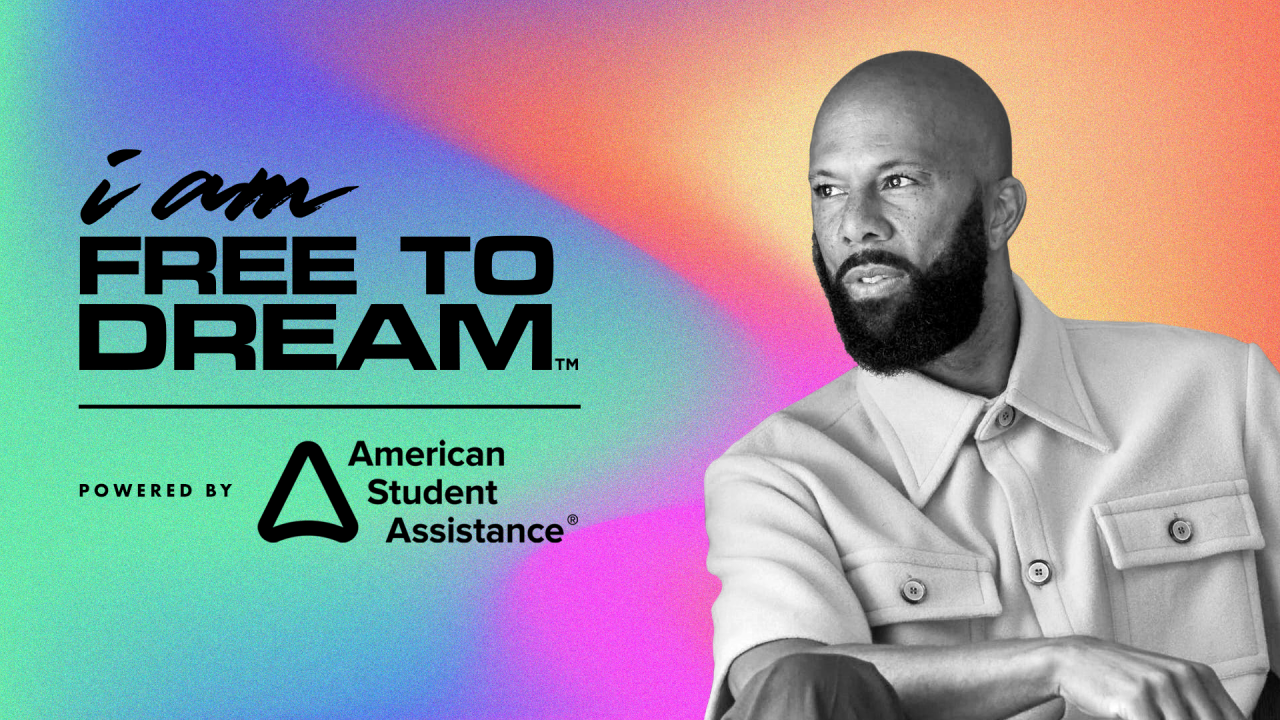The average adult today will hold around twelve jobs in their lifetime. Respective of the modern reality, we know that self-discovery is neither a one-time experience nor something that happens in a vacuum; it happens along a continuum with people learning incrementally more about themselves and their talents and interests well into adulthood. The career exploration experience in high school should reflect that same continuum. Career exploration is not a simple aptitude test that you take, nor is it a single activity to be carried out during one year of high school. Young people can get a head-start on understanding their own interests and abilities when they have the freedom to explore from an earlier age, the safety to fail repeatedly, and when they are aware of all the options in front of them for the future. Internships carried out in high school can be a valuable part of that experiential learning and can play a vital role in the way young people perceive and understand the working world, well before they feel the burdens of adulthood on their shoulders. Waiting until after high school to understand their career aptitude and to find the desired career path is simply not a sustainable plan, nor do most young adults have the financial flexibility to try and fail at higher education when the stakes (and the cost) are high. It is critical that students begin to plan and dream early, and act on those plans in order to get a head-start on their future.
Internships (both in-person and virtual) deserve strong consideration as part of any teenager’s experience as they make their way toward school completion and continue building their plan for the future. Internships offer something classroom learning does not: the opportunity for real, competency-based and hands-on learning that is invaluable in preparing students for the realities of the working world. For many, internships offer the chance to earn money or school credit while learning about themselves and a prospective career. The skills built through an internship can offer a young person a chance to show prospective employers that they are interested in a field, have put in the work to be taken seriously, and have built the skills necessary to be successful. In addition, internships help students build the social capital that is vital to access the working world. With more than 40% of jobs coming through referrals and personal connections, it is critical that students have the opportunity to build that social capital from an early age.




